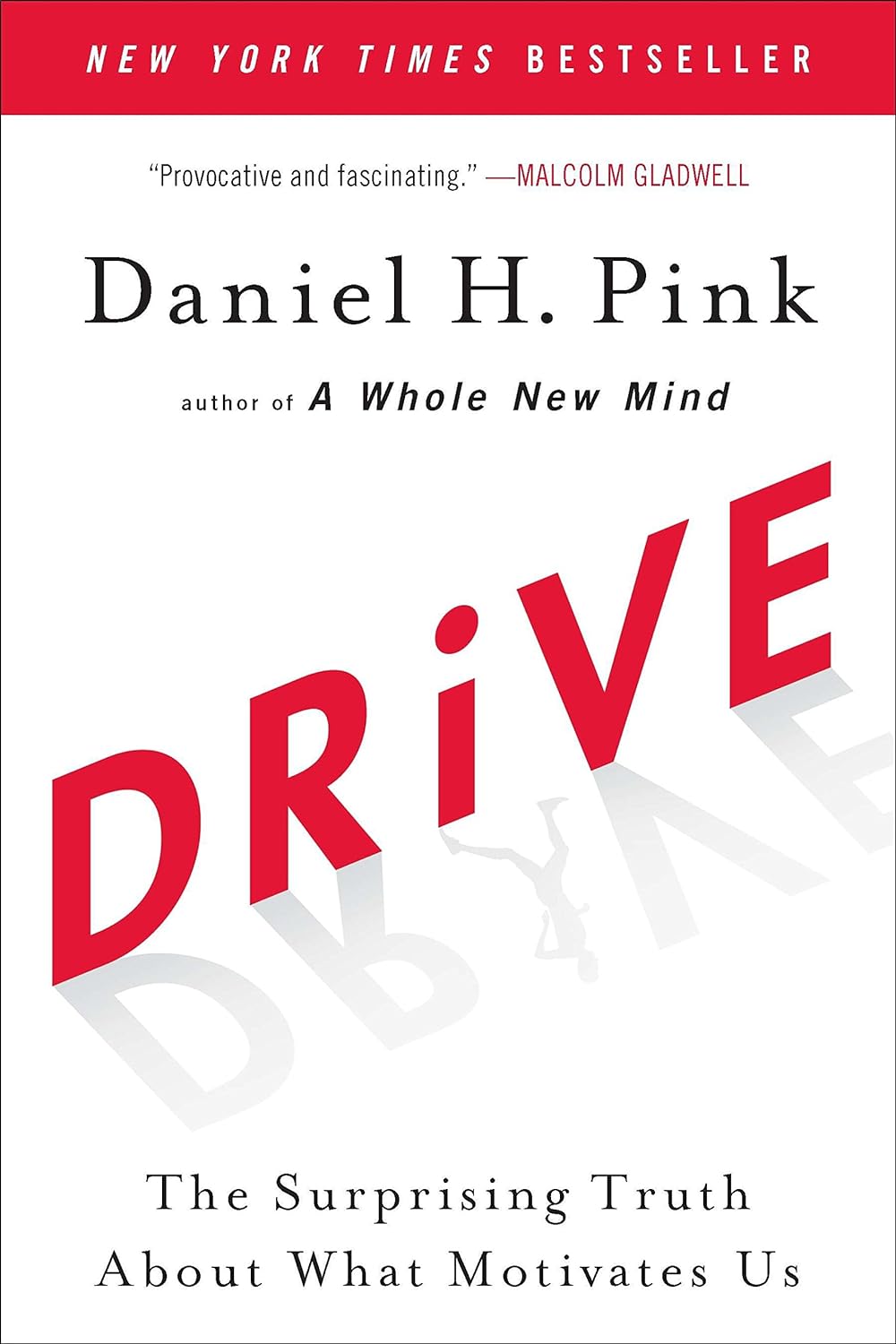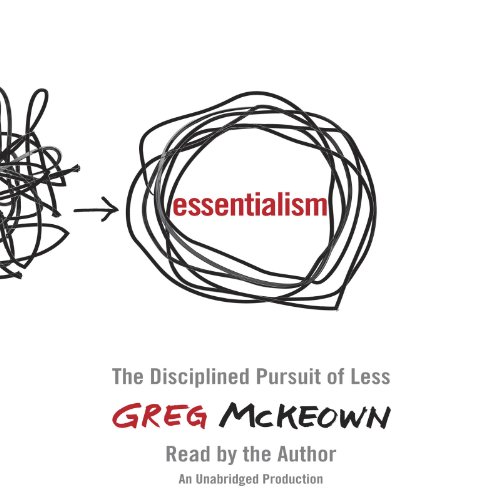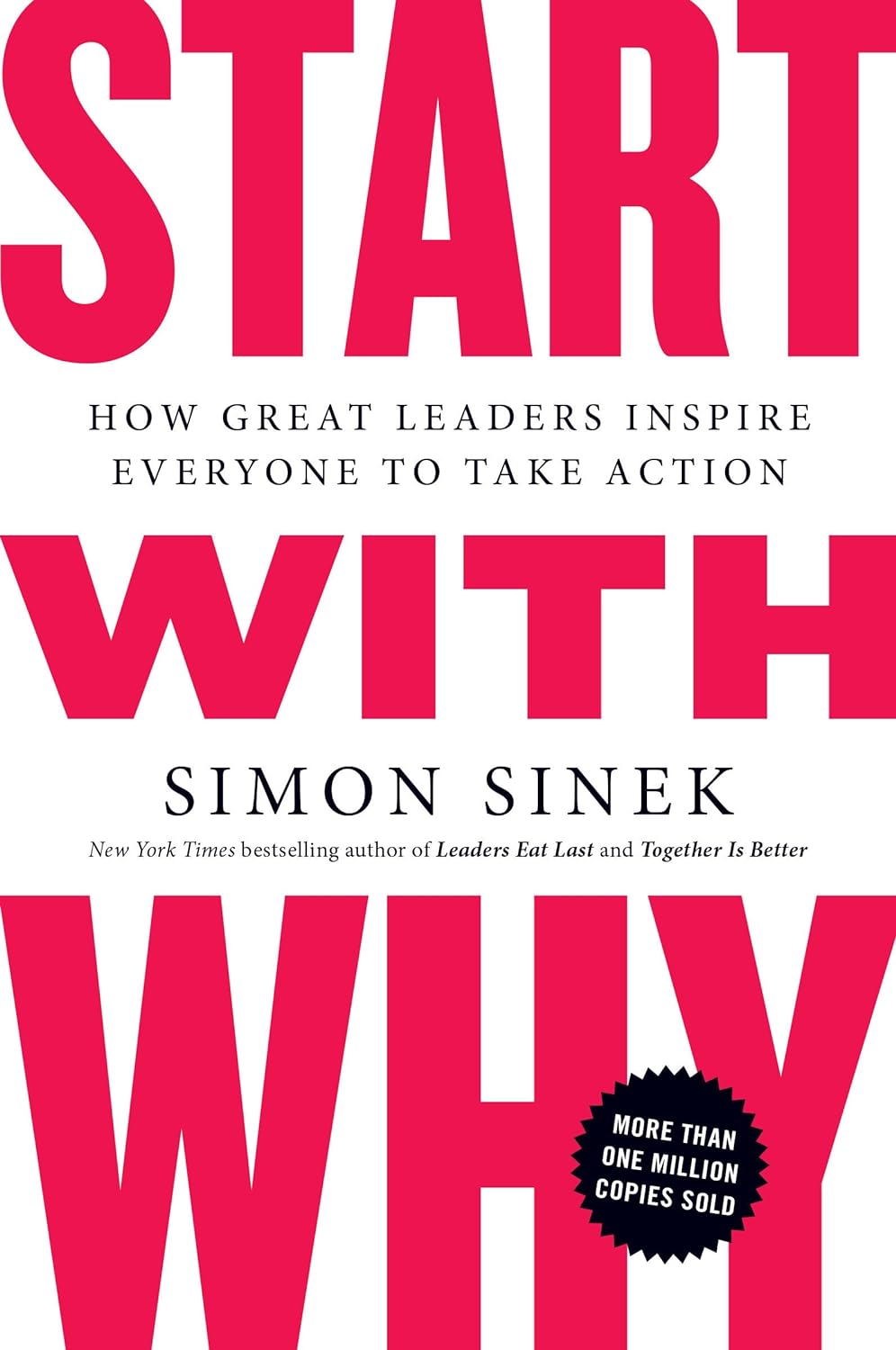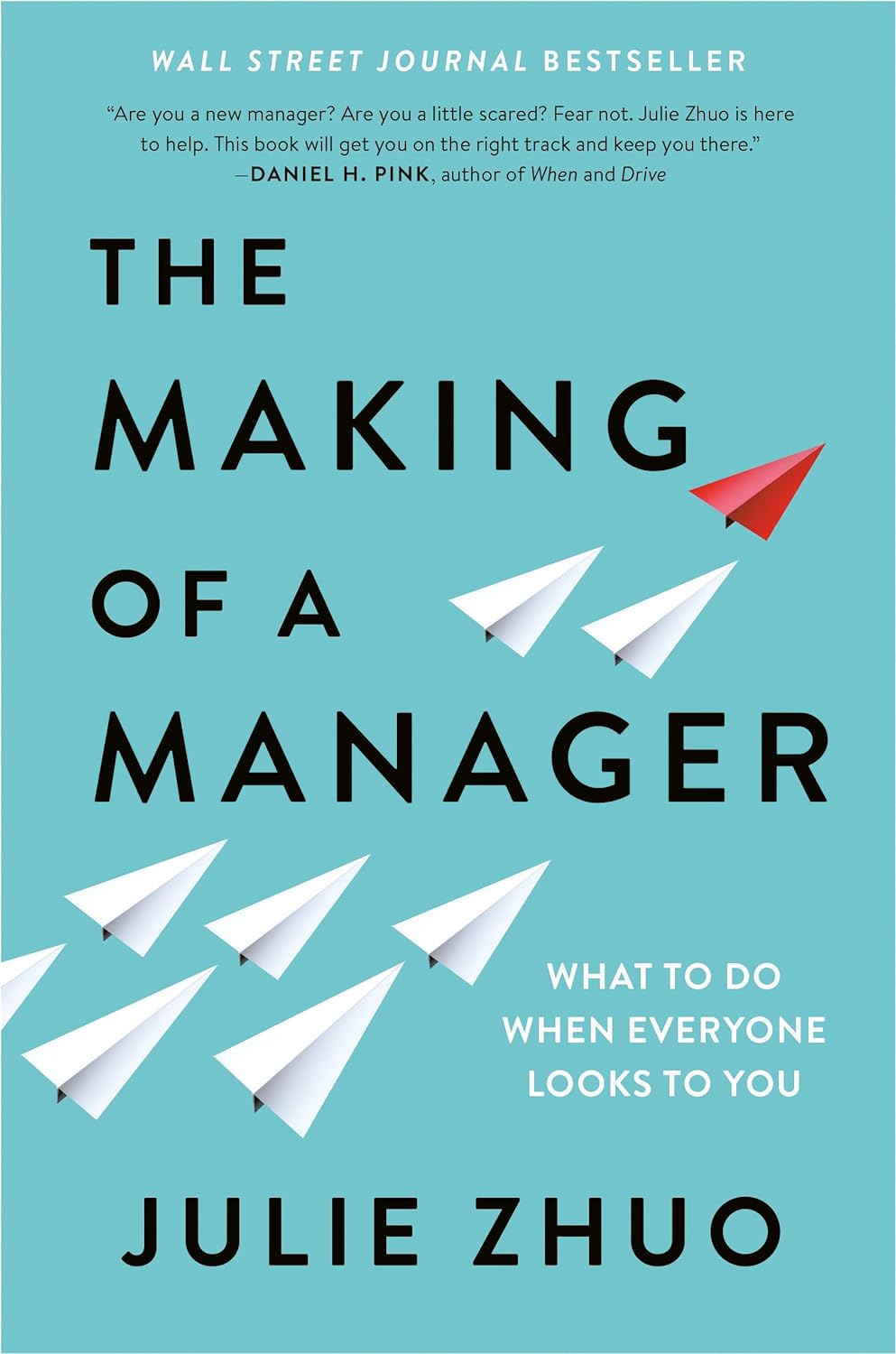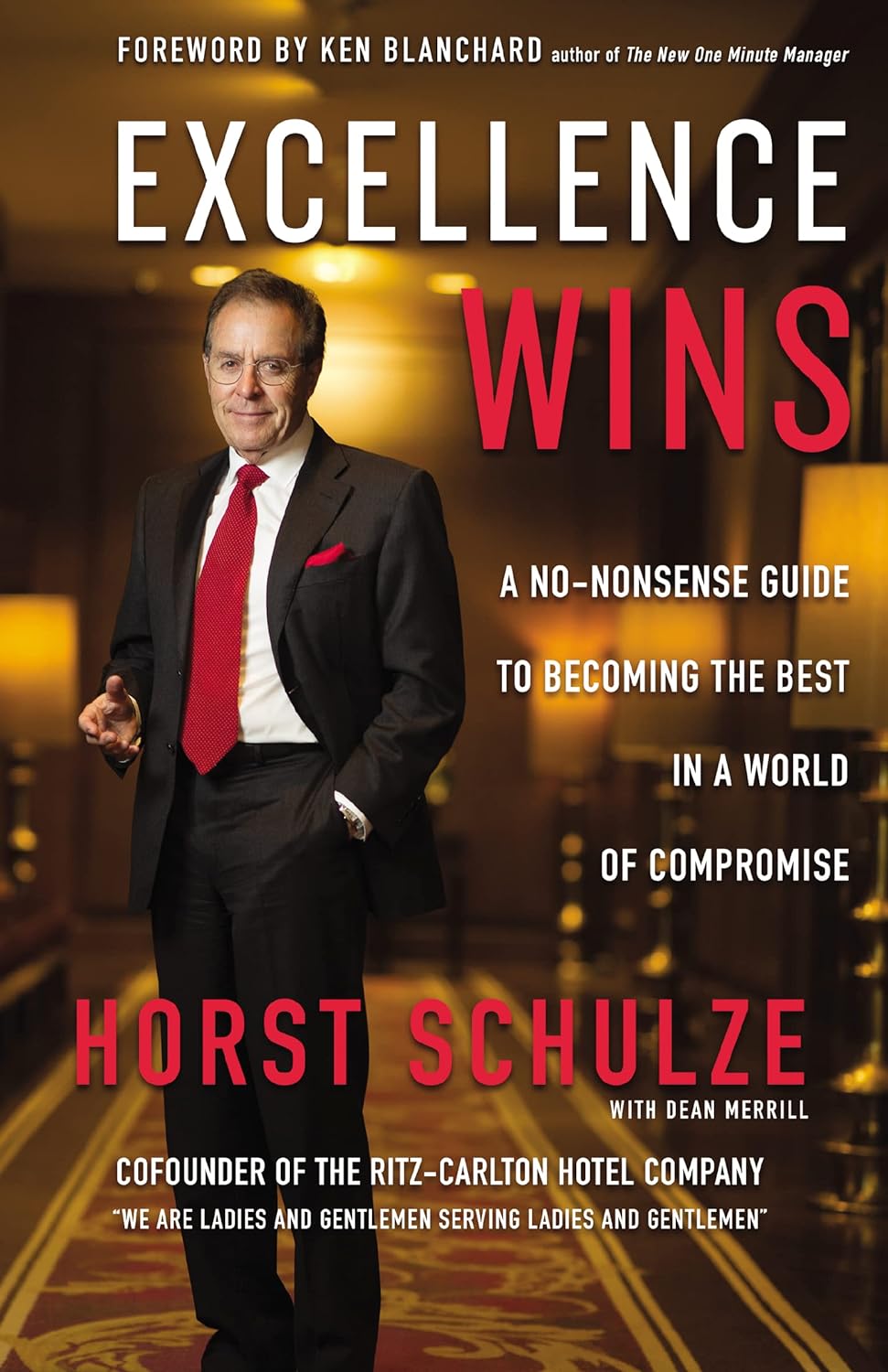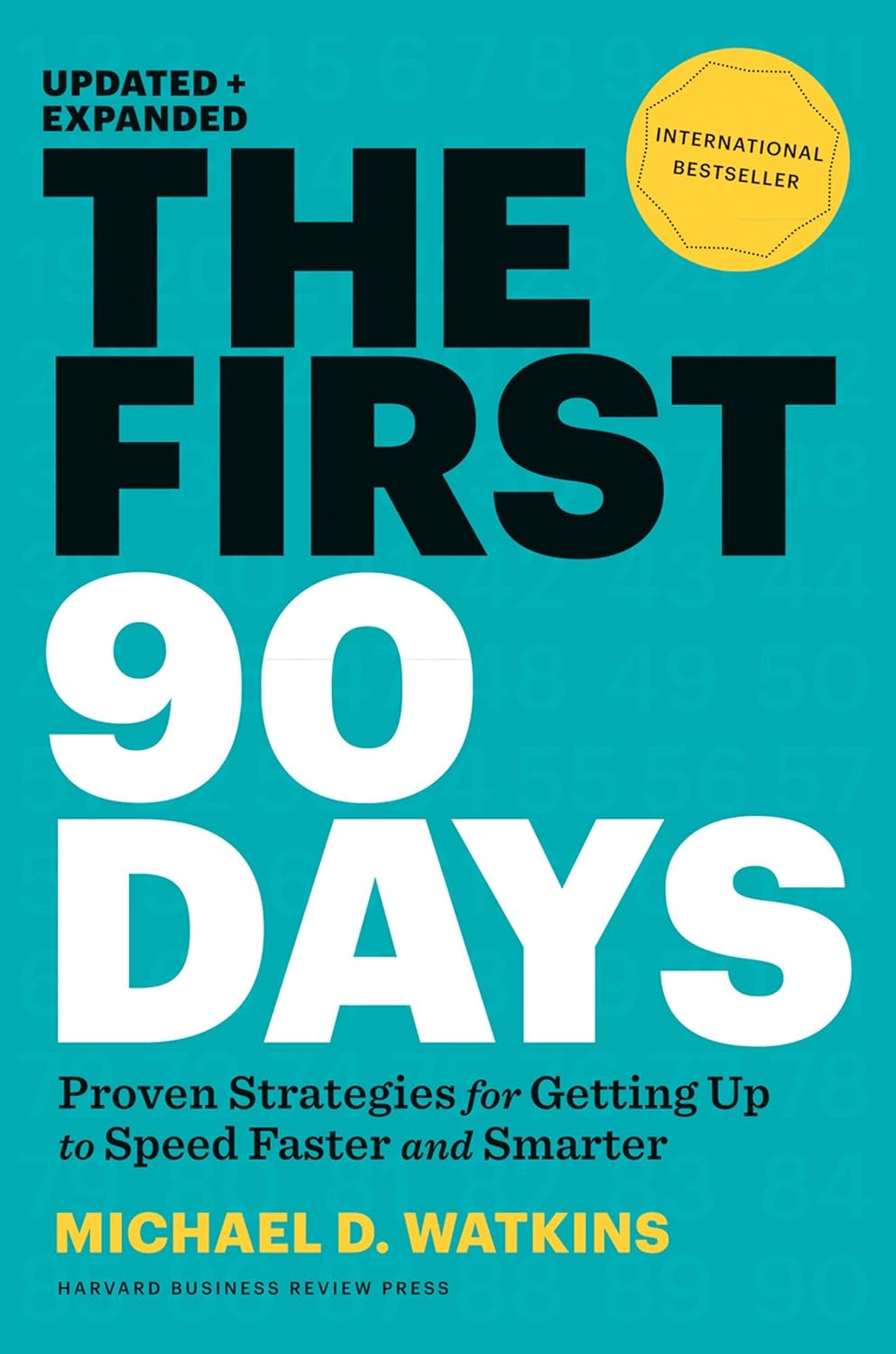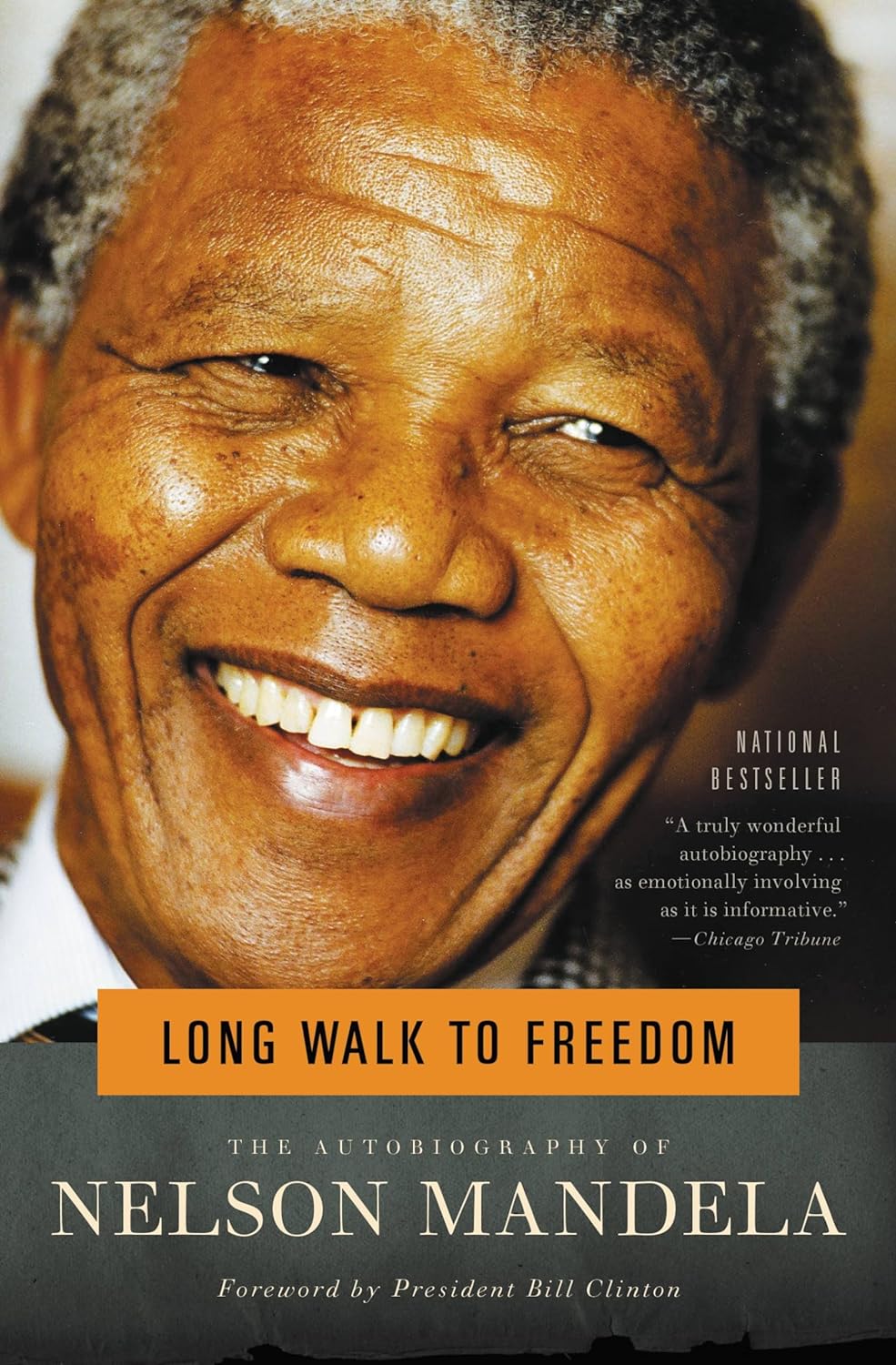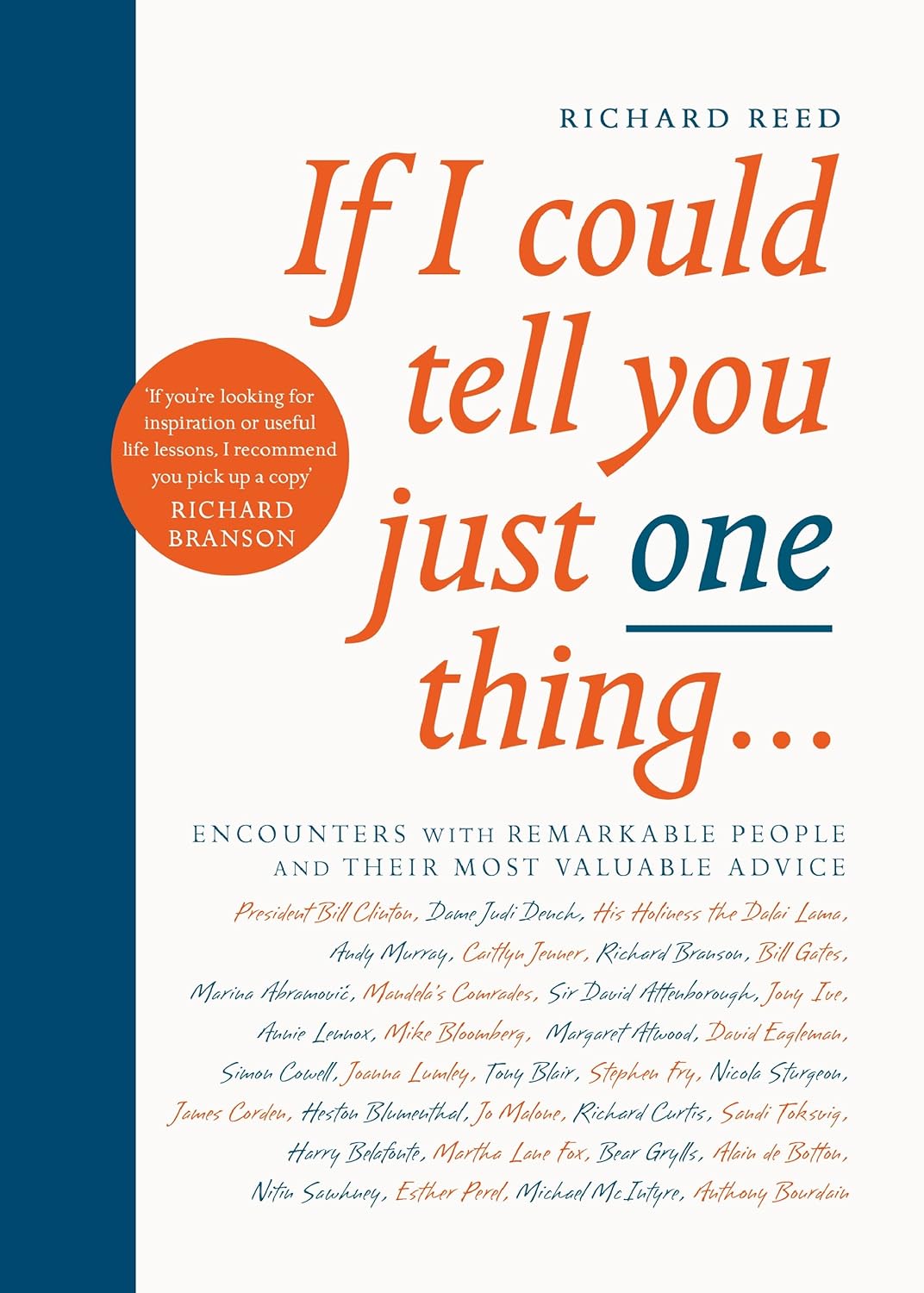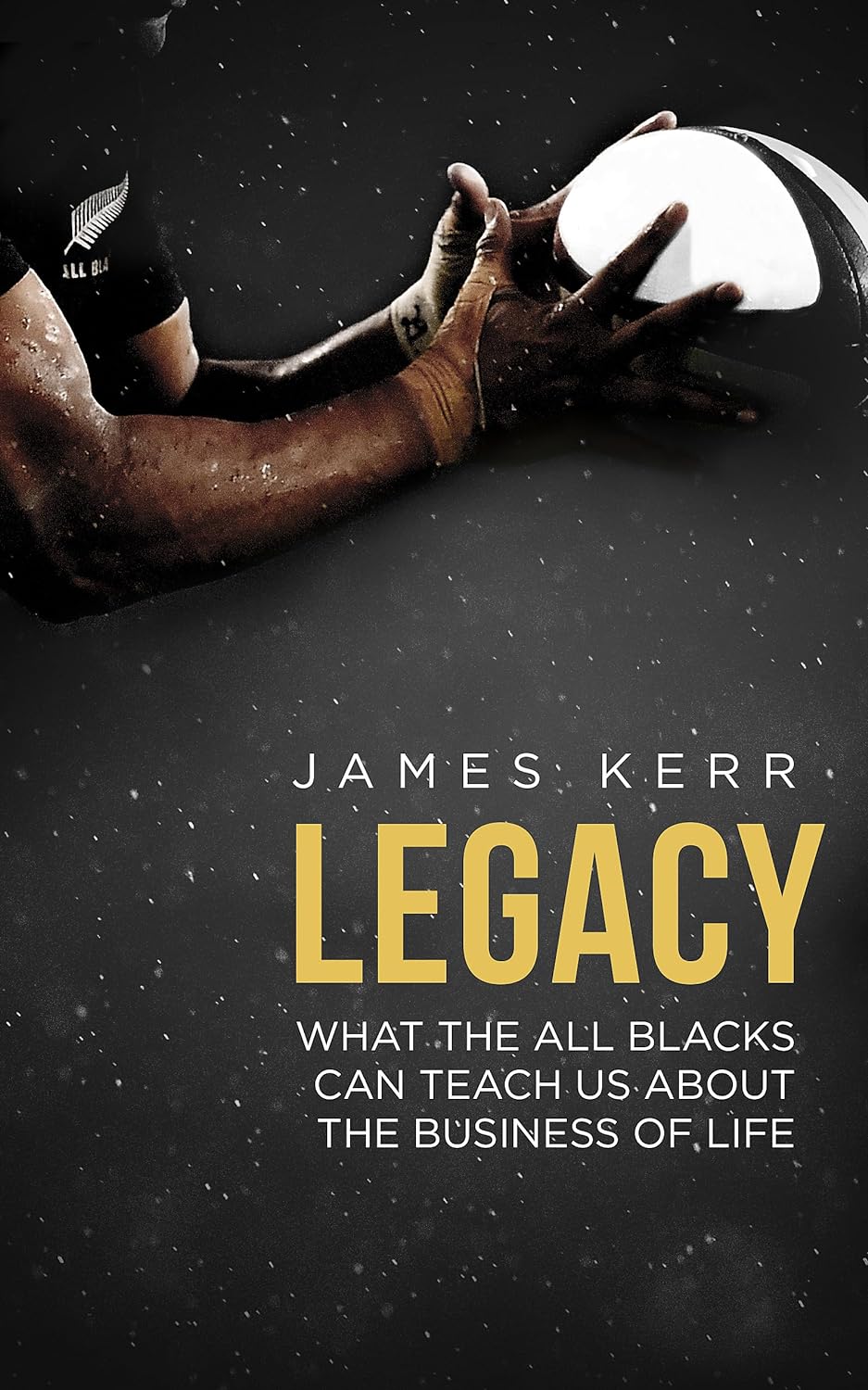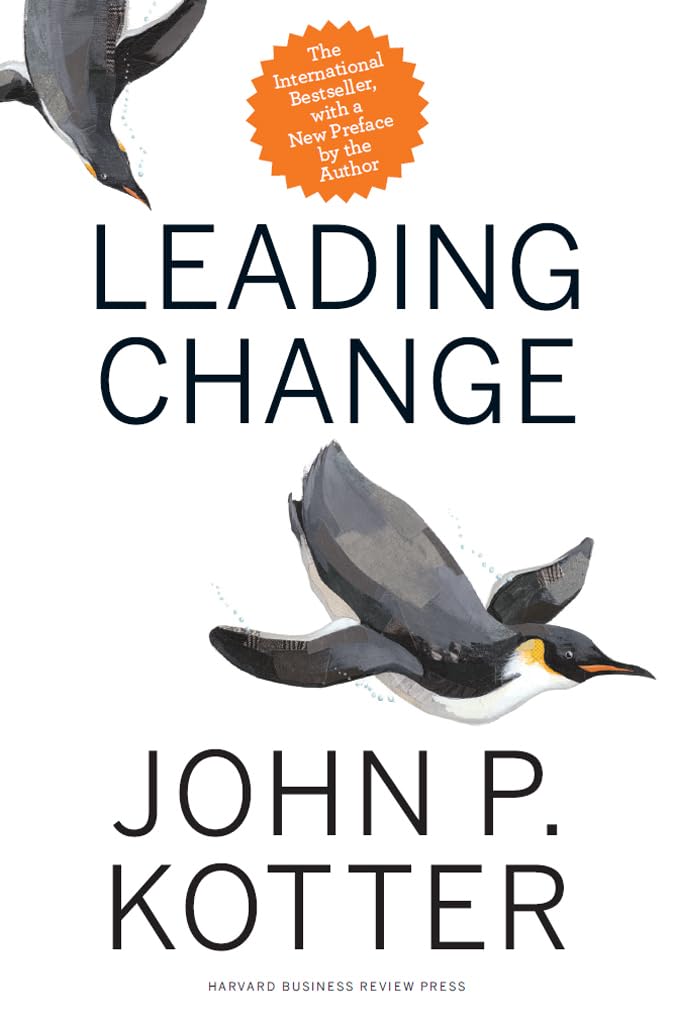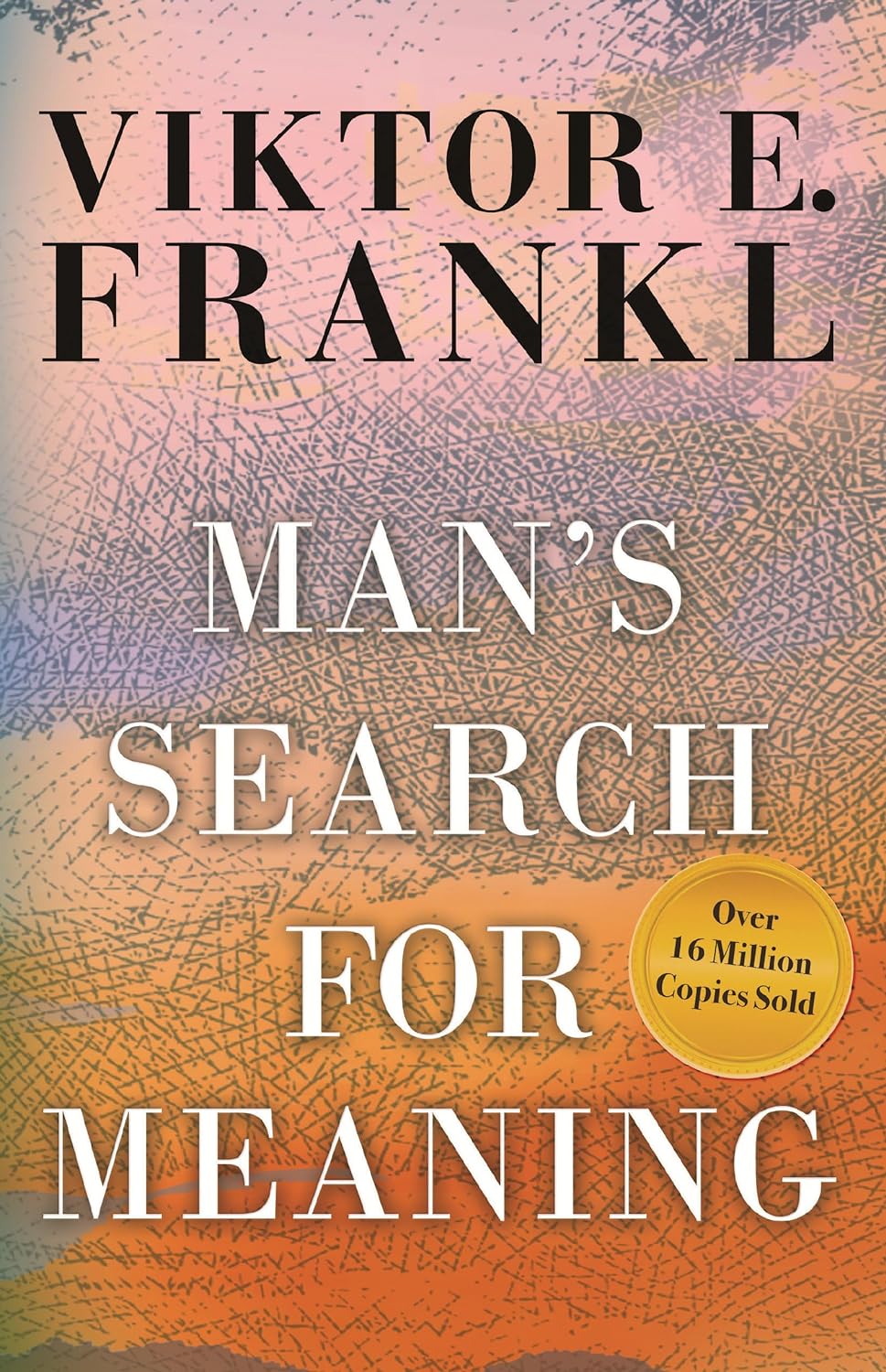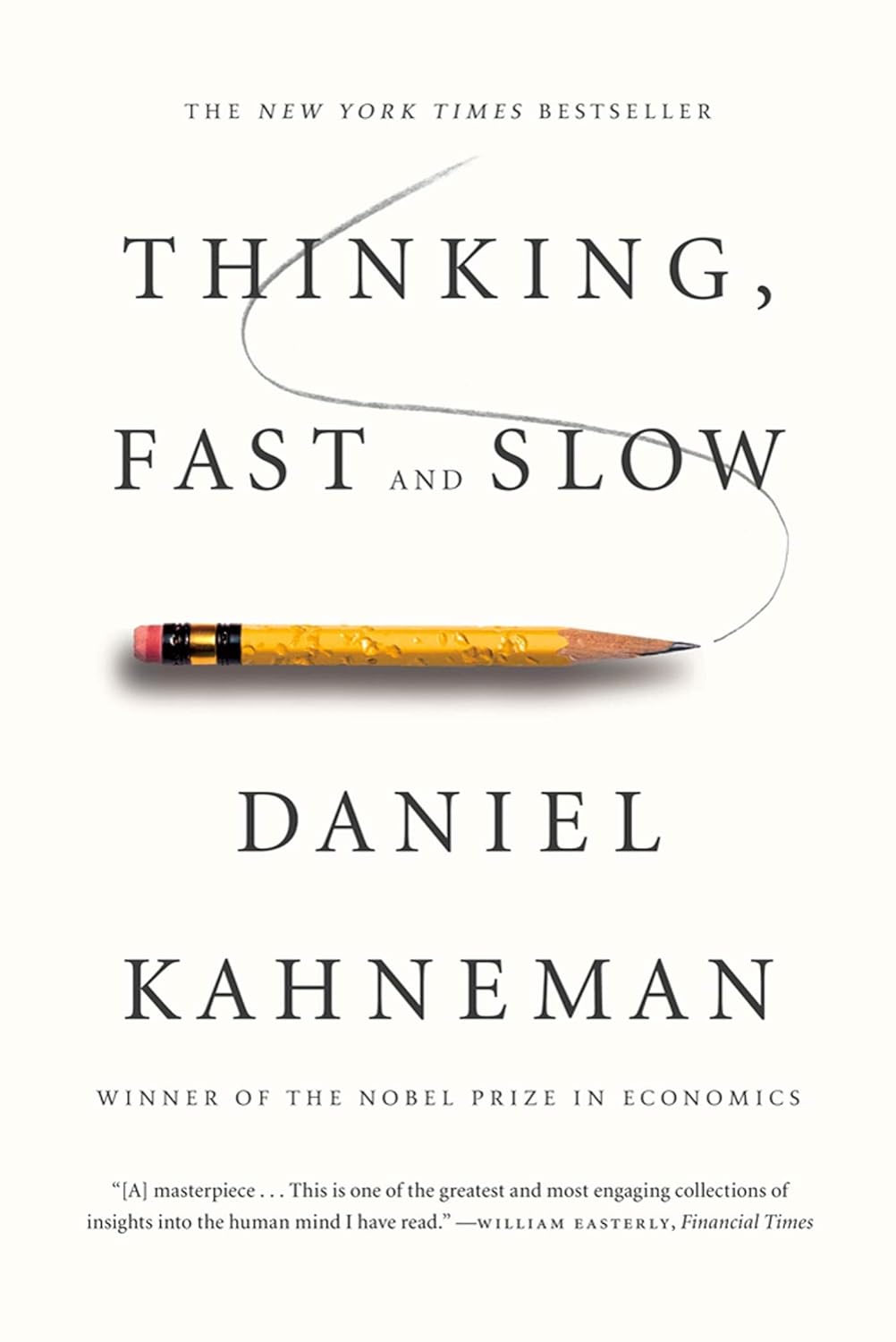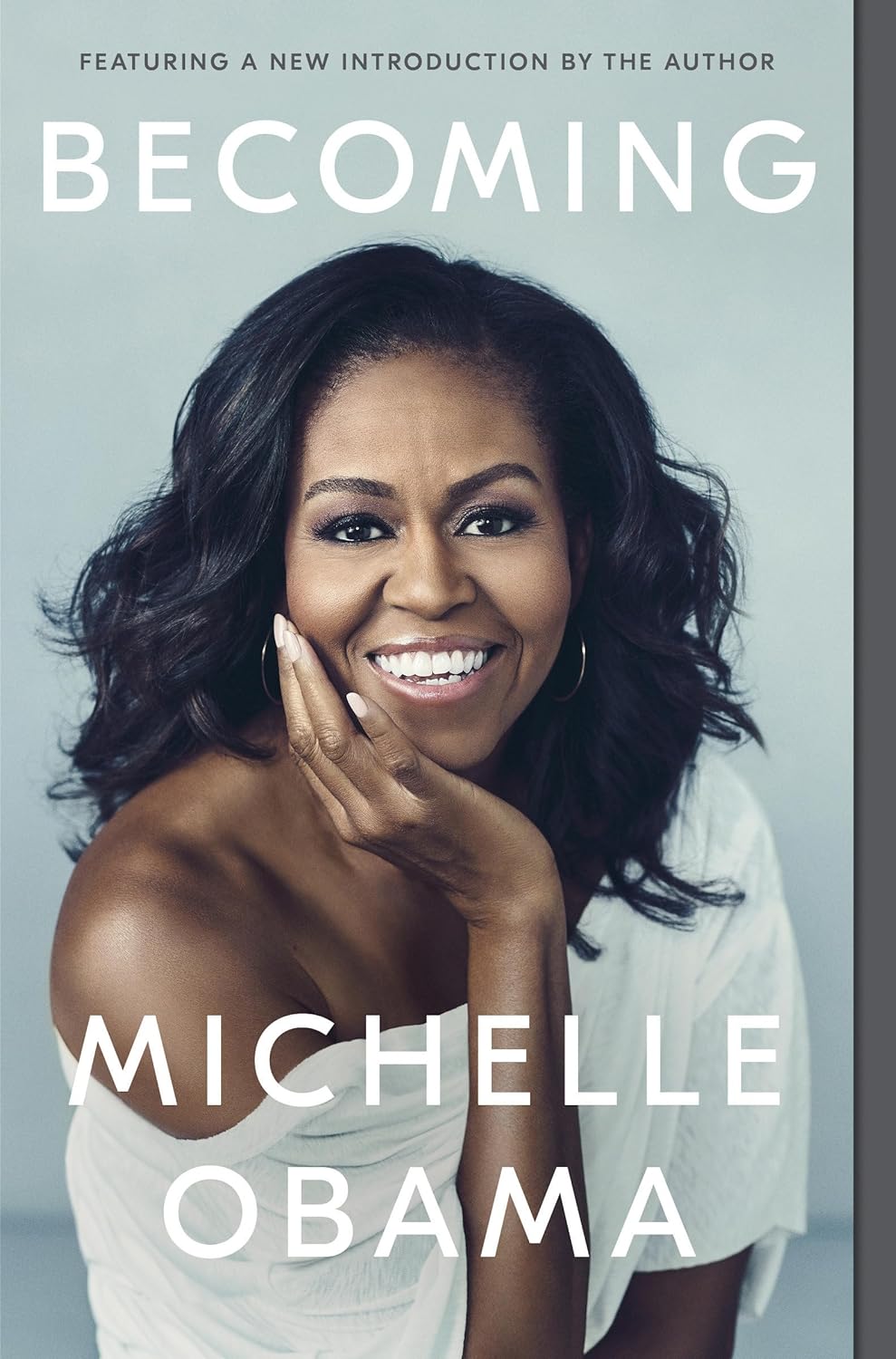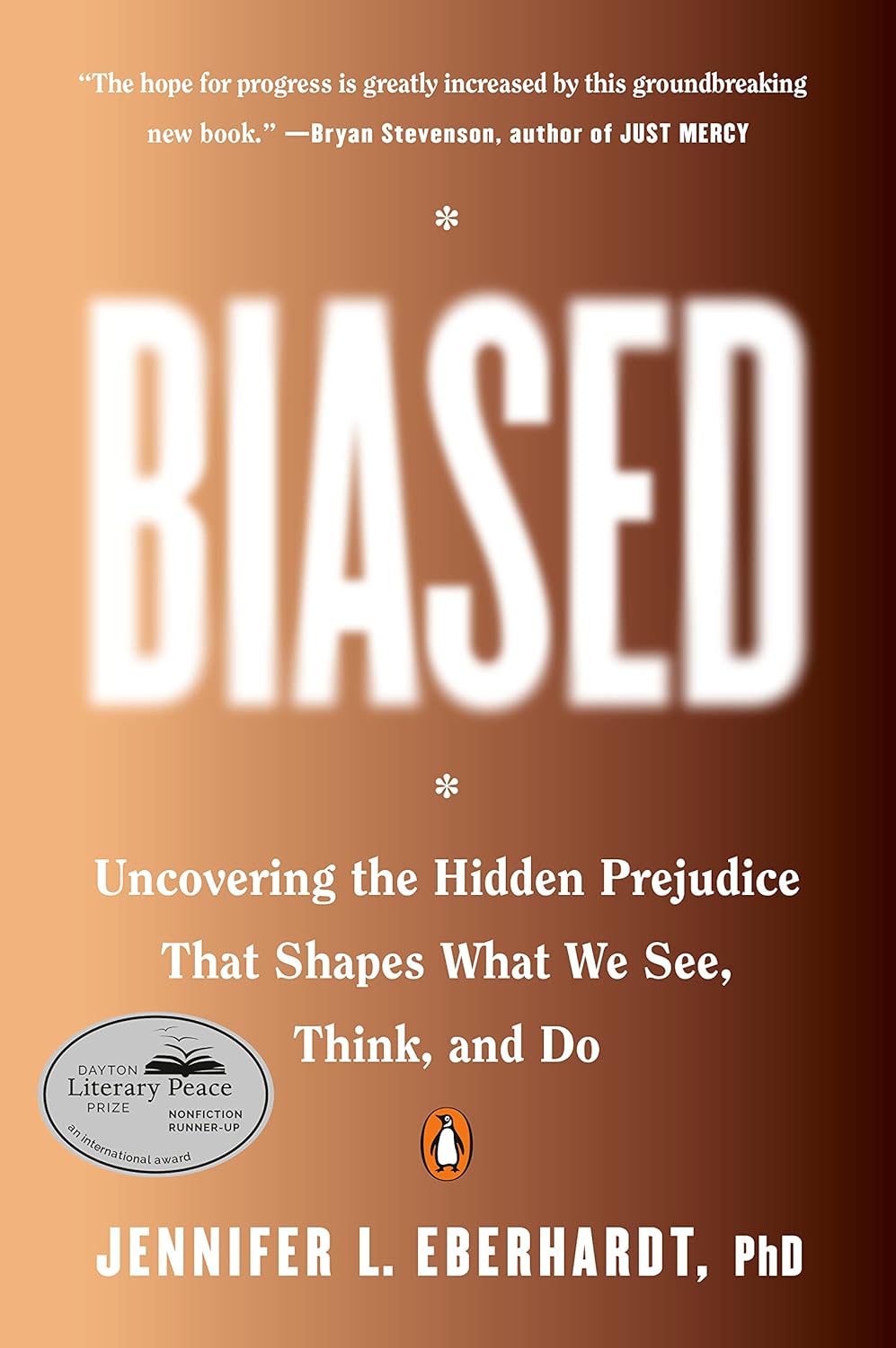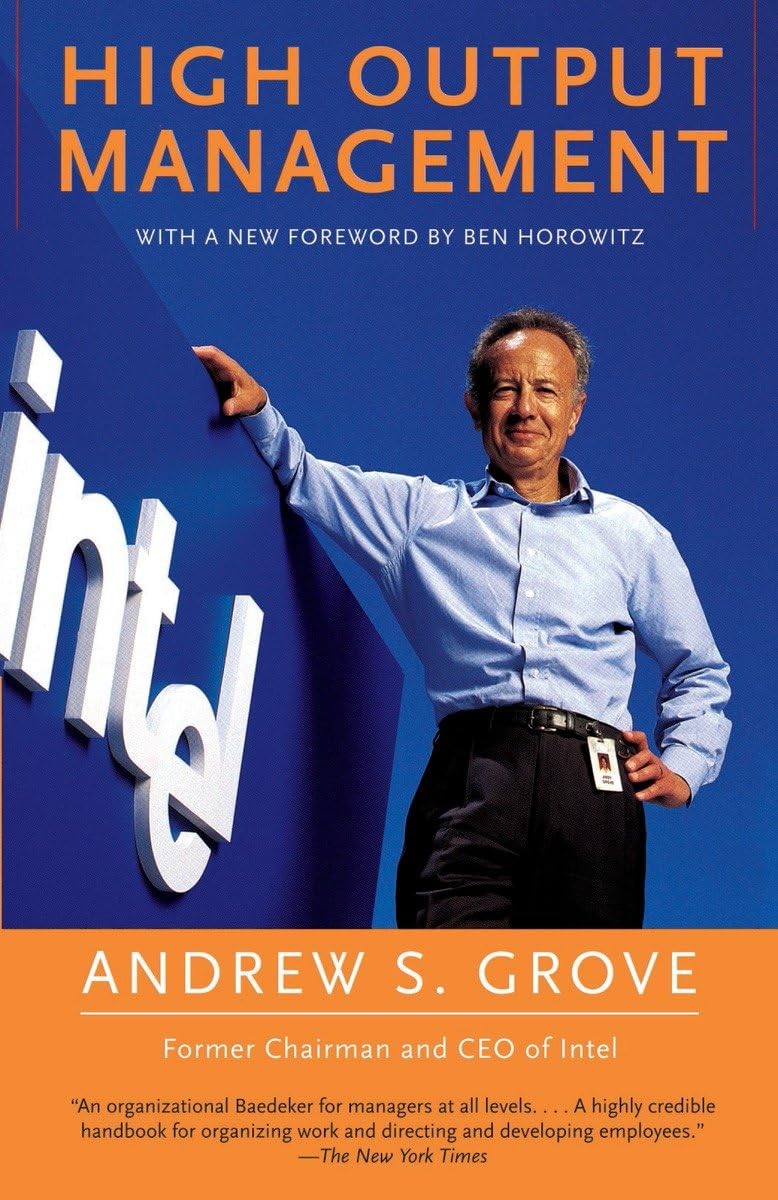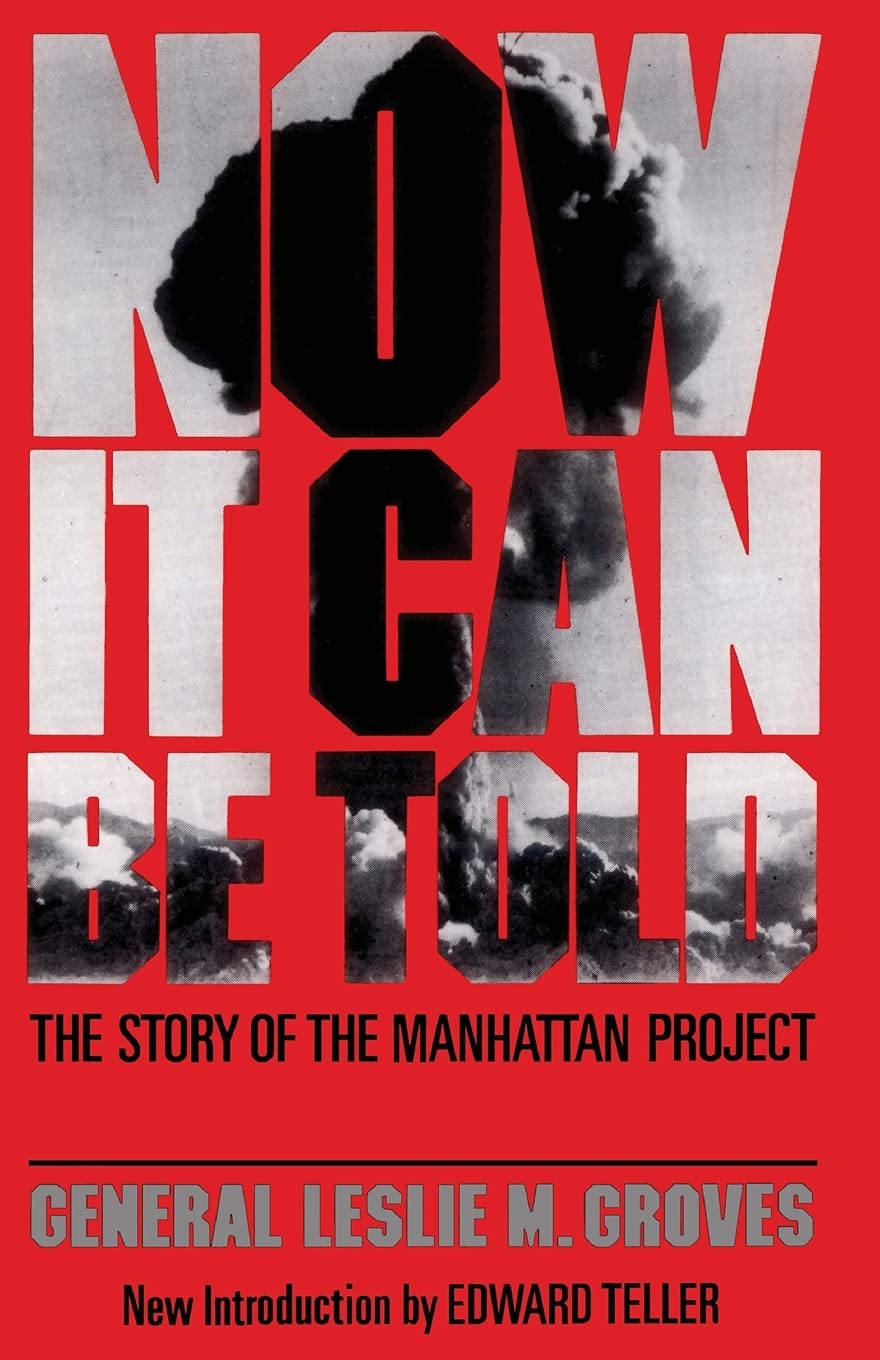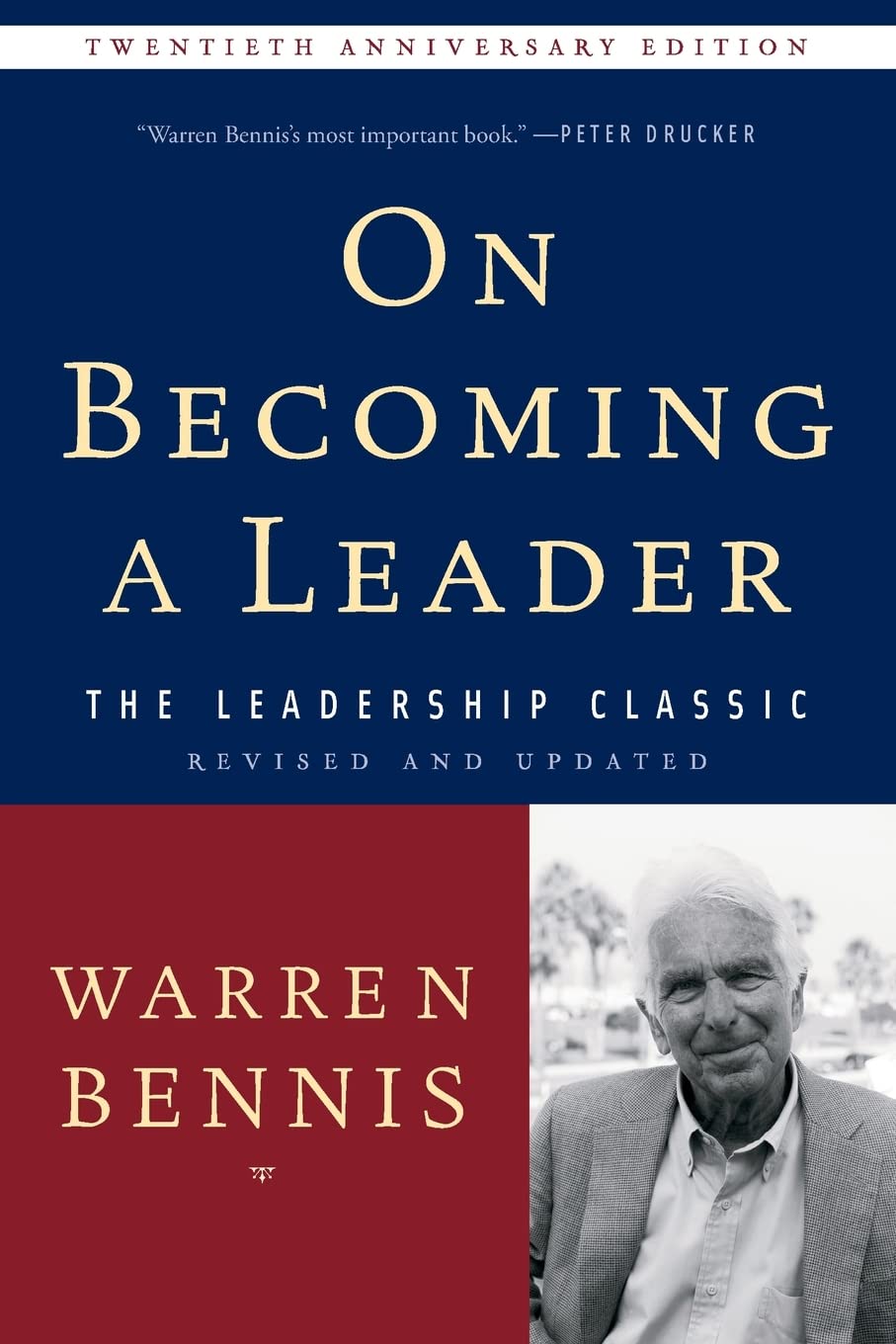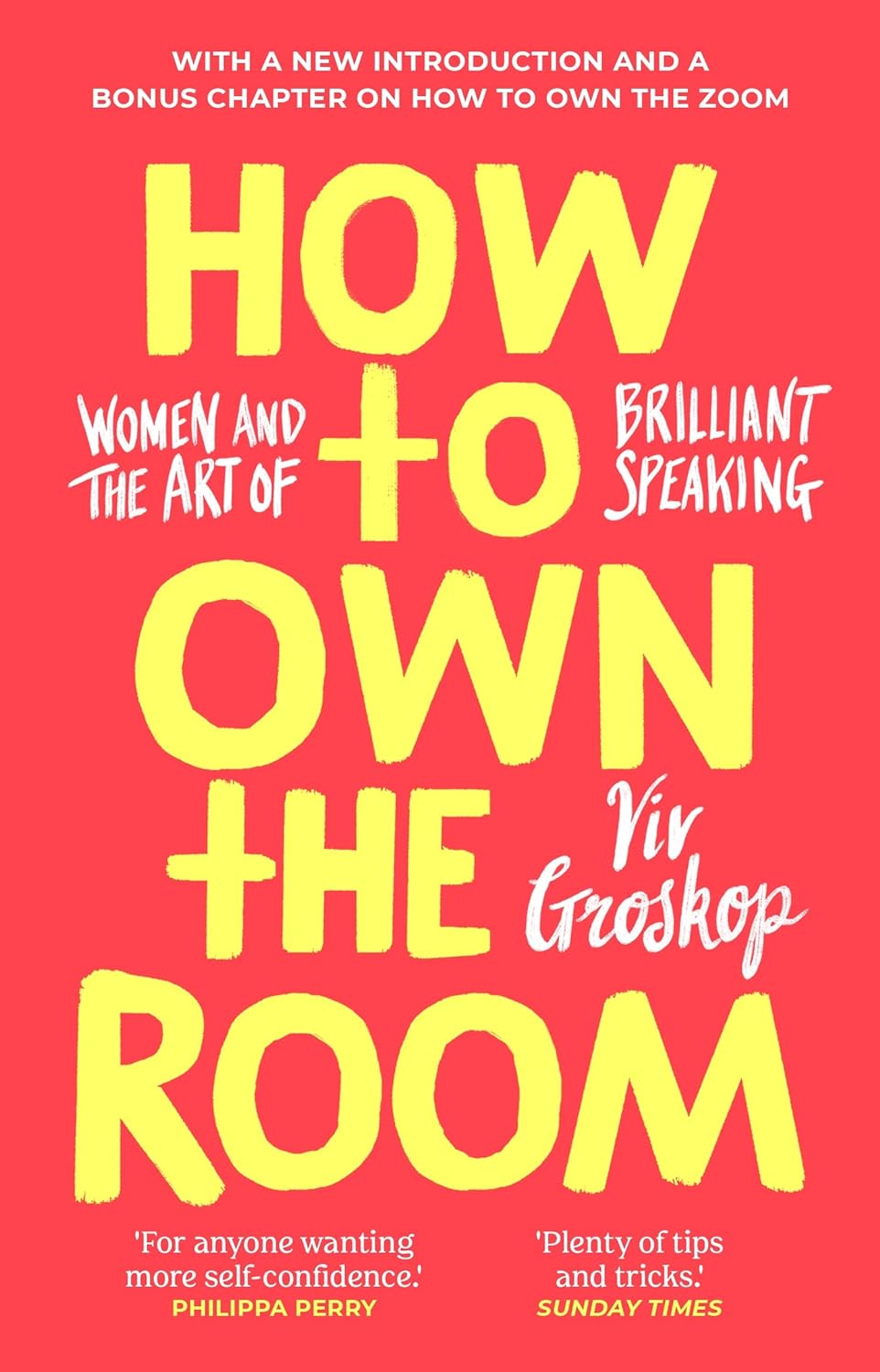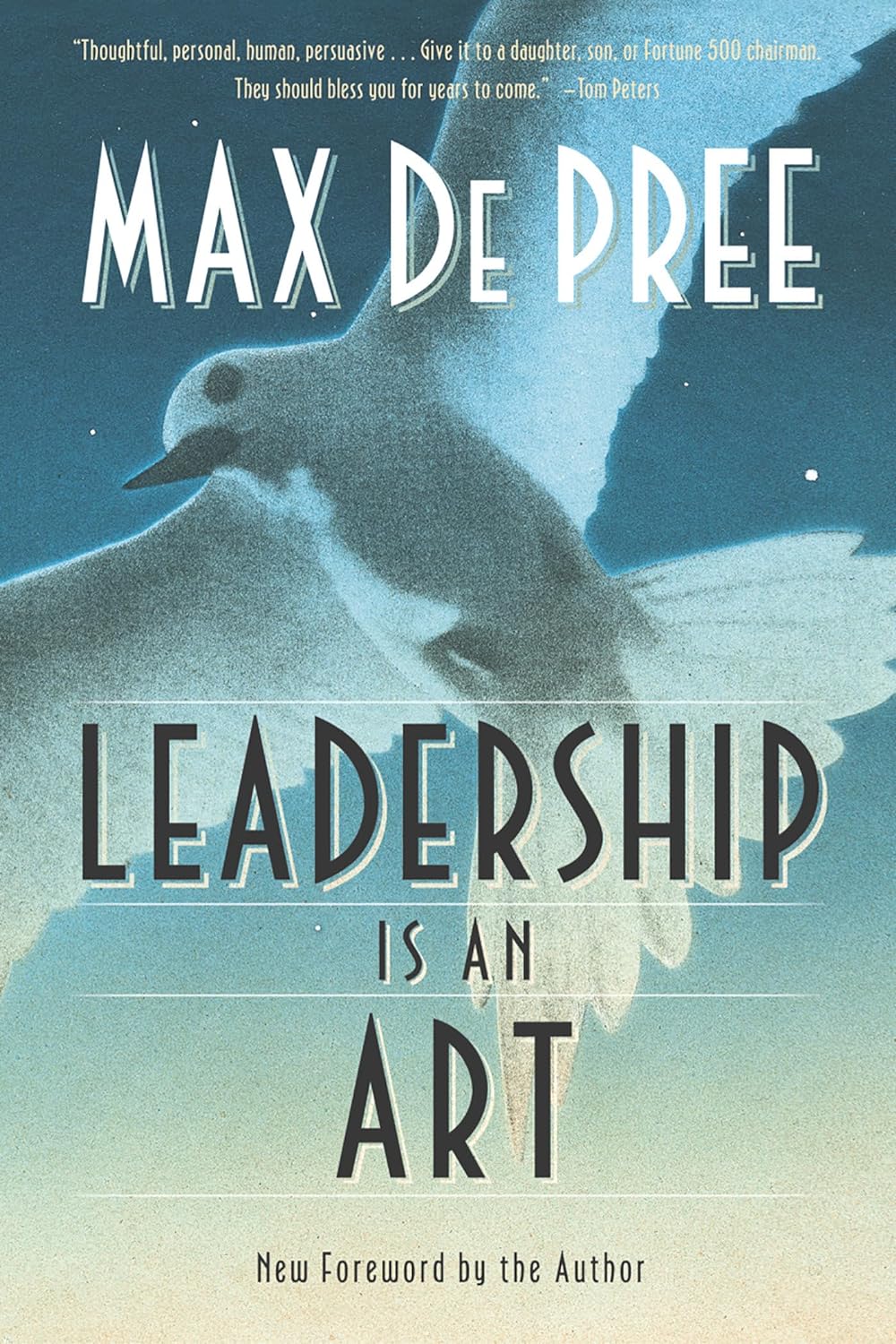Looking to improve your leadership skills? Look no further than Discovery, the new community for book lovers. In this post, the 40 best leadership books are compiled to give readers a headstart on their peers. From world leaders like Nelson Mandela to business titans like Warren Bennis, these books offer insight and advice that can be applied to both professional and personal lives.
While some may question the necessity of leadership books, CEOs will tell you how much they wished they had known before embarking on their leadership journey. The greatest leadership books cover all angles of leadership, helping readers sharpen their instincts and prepare to tackle the role head-on. Trust book recommendations from real people, not robots, and join the Discovery community today.
1. Drive: The Surprising Truth About What Motivates Us by Daniel H. Pink
In his book, “Drive: The Surprising Truth About What Motivates Us,” Daniel Pink argues that traditional extrinsic motivators, such as money, are not the most effective way to motivate employees. Instead, he suggests that intrinsic motivators, such as autonomy, mastery, and purpose, are more powerful in driving performance and engagement.
Pink’s engaging writing style makes this book an easy and inspiring read for leaders looking to improve their team’s motivation and productivity. By understanding the science of motivation, leaders can create a workplace culture that fosters intrinsic motivation and produces meaningful results.
12. Essentialism: The Disciplined Pursuit of Less by Greg McKeown
Greg McKeown, a Silicon Valley CEO, believes that leaders should prioritize essential work to achieve greater results. He argues that in fast-paced environments, leaders often feel overworked and unproductive due to a lack of focus.
To combat this, McKeown suggests that leaders develop set criteria for what is deemed essential work. By doing so, leaders can channel their time and energy more efficiently, leading to increased productivity and better leadership. This approach is known as Essentialism, which is the disciplined pursuit of less but better.
2. Start With Why by Simon Sinek
Simon Sinek’s book, “Start With Why,” emphasizes the importance of understanding the “why” behind your actions rather than just the “what.” By questioning your purpose, you can inspire others to believe in your business and lead your team towards a common goal.
Sinek argues that finding your “why” is the key to creating a lasting and successful business. By focusing on the bigger picture and communicating your mission to customers and employees, you can create a sense of purpose that will drive your business forward.
3. Lean In: Women, Work, and the Will to Lead by Sheryl Sandberg
Sheryl Sandberg’s book, Lean In: Women, Work, and the Will to Lead, sparked important discussions on women and leadership when it was released in 2013. Sandberg acknowledges that while gender equality has improved in the workplace, there is still a long way to go. However, some have criticized the book for its limited perspective, which focused mainly on white and white-collar feminism. Sandberg herself has admitted that the book could have been more inclusive.
Despite these criticisms, Sandberg offers practical advice for women to boost their confidence in the workplace through small but significant changes in their daily routines. Lean In encourages women to take risks, embrace challenges, and pursue their ambitions with determination.
4. The Making of a Manager: What to Do When Everyone Looks to You by Julie Zhuo
In her book, The Making of a Manager, Julie Zhuo shares her years of leadership experience and provides essential strategies for managing pressure at work, especially when you lack formal management training. Zhuo offers valuable advice on how to succeed in the first three months as a manager, how to build the best team possible by hiring well, and how to give feedback that inspires and motivates people.
Some of the key takeaways from the book include:
- The importance of setting clear expectations and goals for your team
- How to prioritize tasks and delegate effectively
- The art of giving feedback that is specific, actionable, and delivered in a constructive manner
- How to build trust and foster a positive team culture
- The role of empathy in effective leadership
Zhuo’s book is a must-read for anyone who is new to management or looking to improve their leadership skills. Her insights and practical advice are invaluable for navigating the challenges of leading a team and achieving success in the workplace.
5. Excellence Wins: A No-Nonsense Guide to Becoming the Best in a World of Compromise by Horst Schulze
Excellence Wins is a practical guide for anyone who wants to achieve success in their personal and professional life. Horst Schulze, the co-founder of Ritz-Carlton, shares his leadership values and principles that have helped him triumph in the hospitality industry. The book emphasizes the importance of self-discipline and self-standards, which are crucial for achieving excellence.
Schulze argues that anyone can follow these principles to achieve success, regardless of their age or title. The book provides practical advice on how to cultivate self-awareness and become a better leader. It encourages readers to challenge themselves and strive for excellence in all aspects of their lives.
6. The First 90 Days by Michael D. Watkins
Transitioning into a new role can be challenging, especially for new leaders. In his book, The First 90 Days, Michael Watkins provides practical strategies to help new leaders avoid common mistakes and make a smooth transition. The book includes self-assessments and checklists to guide leaders through their first 90 days in a new role.
Watkins emphasizes the importance of understanding the business and building relationships with key stakeholders. He suggests that new leaders should focus on learning, prioritizing, and aligning their goals with the company’s objectives. Additionally, Watkins recommends that leaders should communicate effectively and establish a clear vision for their team.
7. Long Walk to Freedom by Nelson Mandela
Nelson Mandela’s autobiographical work, Long Walk to Freedom, is a must-read for those seeking to learn from one of the world’s most remarkable moral and political leaders. His life story is an inspiration for millions, and his approach to struggle and adversity offers valuable lessons on leadership.
Mandela’s unwavering commitment to fighting for human rights and racial equality has made him an important voice in history. The book emphasizes the importance of forgiveness and the strength to never give up, which are valuable lessons that can be applied to daily life. By reading Long Walk to Freedom, individuals can learn from Mandela’s experiences and apply them to their own lives.
8. If I Could Tell You Just One Thing by Richard Reed
Richard Reed’s If I Could Tell You Just One Thing is a compilation of advice from successful individuals across various industries. The book features a diverse range of personalities, including Sandi Toksvig, Olivia Coleman, Bear Grylls, and Bill Gates. The advice given in the book covers a broad range of topics, including work, relationships, and creativity.
This book is an excellent resource for individuals looking to improve their confidence and leadership skills. It is an archive of valuable life tips that can help readers navigate their personal and professional lives. Readers can benefit from the wealth of knowledge shared by these successful personalities.
9. Legacy by James Kerr
In his book Legacy, James Kerr explores the success of New Zealand’s national rugby team, the All Blacks, and how their principles can be applied to business and leadership. Kerr shares 15 lessons that can be learned from the legendary squad, including achieving world-class standards and creating a legacy to be proud of.
The book offers a unique perspective on leadership, emphasizing the importance of culture, values, and teamwork. For anyone looking to learn from the best, Legacy is a must-read, even for those who aren’t rugby fans.
10. Leading Change by John P. Kotter
John Kotter’s book, Leading Change, offers an 8-step process for those who aspire to not only deal with change but also lead it within their organizations. Kotter emphasizes that change should not be feared but embraced as a means to maximize opportunities.
His process includes establishing a sense of urgency, forming a powerful coalition, creating a vision for change, communicating the vision, empowering others to act on the vision, creating short-term wins, consolidating gains and producing more change, and anchoring new approaches in the organization’s culture.
11. Man’s Search for Meaning by Viktor Frankl
In his book, Man’s Search for Meaning, Viktor Frankl shares his experiences as a prisoner in Nazi concentration camps during World War II. He uses these experiences to explore his theory that humans are driven by finding meaning in life, even in the most extreme circumstances. Frankl’s book is a testament to the resilience of the human spirit and the power of finding purpose in life.
Through his work as a psychiatrist, he also shares the lessons he learned from his patients and their experiences with suffering. Man’s Search for Meaning is a profound exploration of the human condition and the search for meaning in life.
12. Thinking, Fast and Slow by Kahneman
In “Thinking, Fast and Slow,” Daniel Kahneman explores the two systems of thinking that people use: System 1 and System 2. System 1 thinking is fast, intuitive, and emotional, while System 2 thinking is slower and more logical. Leaders have often favored System 1 thinking, but Kahneman argues that it can lead to biases and errors.
By emphasizing the benefits of rational thinking, he provides practical advice to help readers tap into their own thinking systems and take charge of their personal and professional lives.
Kahneman’s book is a highly accessible and fast-paced read. It breaks down the thinking process into understandable concepts and offers actionable insights for improving decision-making. By understanding the strengths and weaknesses of both thinking systems, readers can develop a more balanced approach to problem-solving and leadership.
13. Becoming by Michelle Obama
In her memoir, Becoming, Michelle Obama offers readers an intimate glimpse into her life story, from her humble beginnings to her time as the first African American First Lady of the United States. Despite facing numerous biases and challenges throughout her journey, Obama remained steadfast in her commitment to creating a more inclusive White House.
Through her experiences, she inspires readers to persevere in their own pursuits, even in the face of adversity. Becoming is a captivating and heartfelt memoir that is sure to leave a lasting impression on its readers.
14. Biased: Uncovering the Hidden Prejudice That Shapes What We See, Think, and Do by Jennifer L. Eberhardt
Jennifer Eberhardt’s book, Biased: Uncovering the Hidden Prejudice That Shapes What We See, Think, and Do, sheds light on how unconscious biases affect our daily behaviors, regardless of our awareness of them. As a pioneer in the field, Eberhardt’s revolutionary findings are essential for all leaders to read.
Biases can negatively impact staff diversity and retention rates and create a sense of disunity among team members. Despite being a universal human phenomenon, Eberhardt assures readers that with effort, biases can be overcome. This book offers a valuable resource for individuals and organizations seeking to address and overcome unconscious biases.
15. High Output Management by Andrew Grove
High Output Management is a leadership handbook written by Andrew Grove, the former CEO of Intel Corporation. The book offers practical advice on how to motivate teams and boost performance.
Grove shares his hard-earned knowledge on building and managing a company from scratch, making it an excellent resource for aspiring leaders. The book is straightforward and honest, revealing Grove’s tried-and-tested techniques for effective management. Overall, High Output Management is a must-read for anyone seeking to develop their leadership skills.
16. Now It Can Be Told: The Story Of The Manhattan Project by Leslie R. Groves
Lt. Gen. Leslie Groves was the man in charge of the Manhattan Project, which aimed to build the first atomic bomb. In his book, “Now It Can Be Told: The Story Of The Manhattan Project,” Groves shares his personal account of leading one of the most intense and deadline-driven projects in history.
The book provides detailed insight into the technical decision-making and conflict resolution required to manage a large-scale, compartmentalized team. Groves’ experience under immense pressure to deliver offers invaluable lessons on planning, communication, and leadership.
The book serves as a revealing and compelling account of multifaceted project management, making it an essential read for anyone seeking to lead a massive team. Groves’ story is a testament to the power of effective leadership and management in achieving ambitious goals.
17. Meditations by Marcus Aurelius
Meditations by Marcus Aurelius is a collection of spiritual reflections and practices that he developed to govern the Roman Empire. Aurelius was a follower of the Stoic philosophy, which emphasized control of emotions, mindfulness, and humility.
Although never intended for publication, the book has inspired countless leaders, including former US President Theodore Roosevelt, who carried a copy with him on a dangerous eight-month journey through the Amazon. The book outlines Aurelius’ approach to leadership and his reflections on the nature of life and death, providing insights that are still relevant today.
18. On Becoming a Leader by Warren G. Bennis
Warren Bennis, a renowned leadership expert, believes that leaders are made, not born. He stresses the importance of cultivating leadership skills, especially during times of global uncertainty. Bennis’s book, On Becoming a Leader, is a classic in the genre and offers essential insights into what it takes to lead.
With decades of experience as a university president, visiting professor of leadership, and advisor to four US Presidents, Bennis is more than qualified to offer advice on becoming a leader. This book is a must-read for anyone looking to develop their leadership skills and make a positive impact in their organization.
19. How to Own the Room: Women and the Art of Brilliant Speaking by Viv Groskop
In her book, “How to Own the Room: Women and the Art of Brilliant Speaking,” Viv Groskop showcases the confidence and conviction of some of the world’s most influential and inspirational women.
From classic heavyweights like Virginia Woolf to modern-day icons like Michelle Obama, Groskop highlights the techniques and strategies that these women use to command a room and inspire others. The book aims to empower women to find their own voice and replicate the confidence of these successful women in their own personal and professional lives.
Through practical advice and real-world examples, “How to Own the Room” is a valuable resource for women looking to improve their public speaking skills and make their mark in the workplace.
20. Leadership Is an Art by Max DePree
Max DePree’s book, “Leadership Is an Art,” emphasizes the importance of leading with a focus on employee autonomy and well-being. According to DePree, leadership is a stewardship that requires empowering employees first. This approach encourages building strong relationships, developing innovative ideas, and creating robust systems within an organization.
DePree’s book offers a refreshing perspective on corporate leadership, emphasizing the importance of prioritizing employee satisfaction and well-being over other metrics. By doing so, leaders can create a more productive and successful organization.
Summary
Leadership books are an essential resource for individuals seeking to develop their leadership skills. These books offer valuable insights into the qualities and practices of successful leaders, and provide practical guidance on how to develop these skills.
By reading leadership books, individuals can gain a deeper understanding of leadership principles and learn how to apply them in their personal and professional lives. Some popular leadership books include “Good to Great” by Jim Collins, “The 7 Habits of Highly Effective People” by Stephen Covey, and “Leaders Eat Last” by Simon Sinek.
